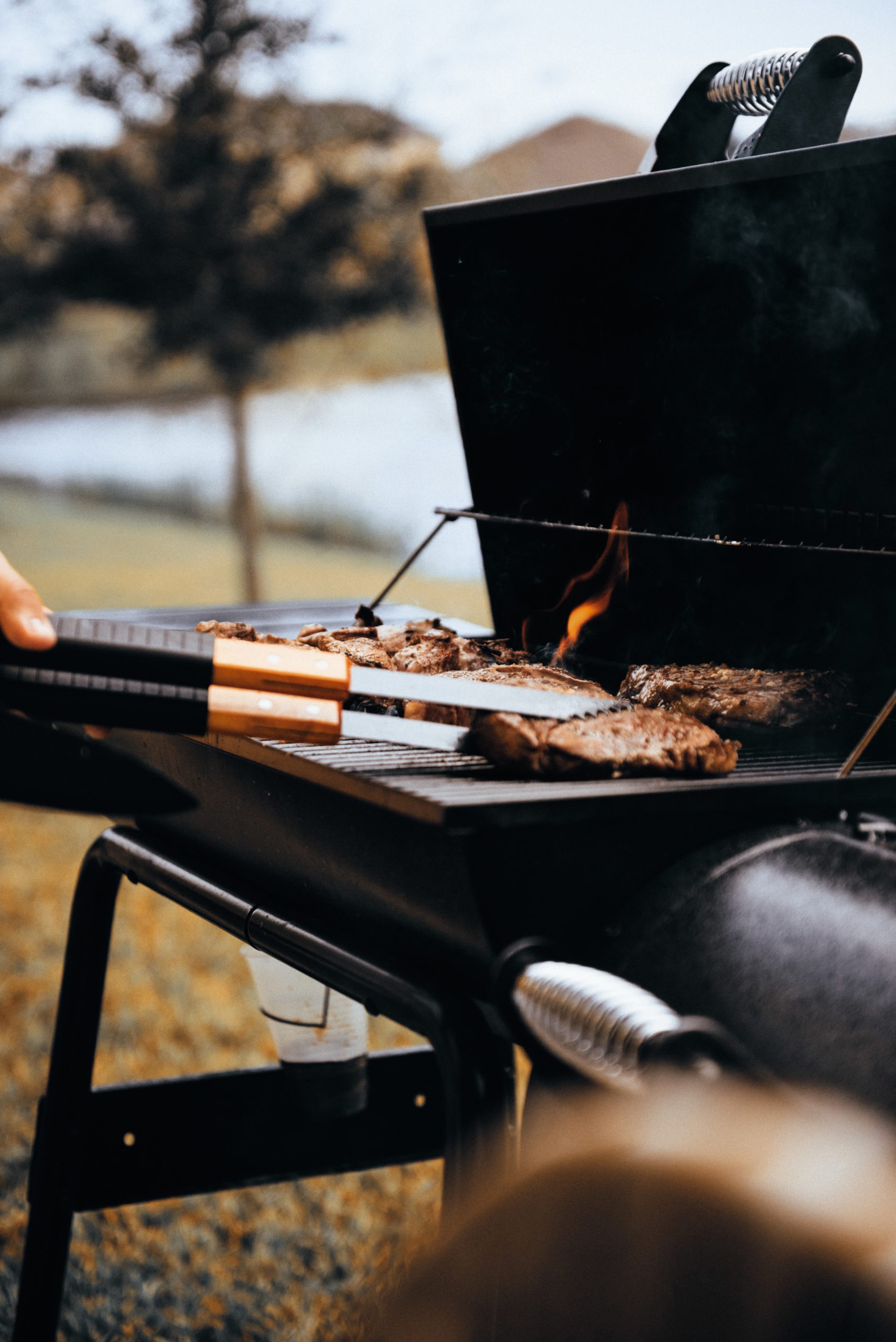Grilling is a popular way to cook food, particularly during the summer months. From hamburgers and hot dogs to steaks and veggies, grilling adds an irresistible flavor that’s hard to beat. But it’s essential that you keep food safety in mind when grilling in order to prevent foodborne illnesses. Here are some tips for safe and delicious barbecues:
Before you begin grilling, make sure your grill is thoroughly cleaned. Use a wire brush to scrub away any leftover debris from previous cookouts and this will prevent bacteria from building up on the grates and contaminating food. This prevents cross-contamination between cooks as well.
Marinate Your Meat for Maximum Flavor. Marinating meat not only adds flavor, but also helps kill bacteria. The acid in the marinade breaks down bacteria, making it safer to consume. Just remember to marinate in the refrigerator (not on the countertop) in order to prevent bacterial growth.
Use a food thermometer. Cooking meat to the correct temperature is critical for destroying any harmful bacteria, so use your thermometer to check its internal temperature. For instance, ground beef should be cooked to 160degF while chicken should be cooked to 165degF.
Maintain a temperature-controlled environment for hot food and cold food. To reduce bacteria growth, keep hot foods hot and cold food cold. This could include keeping cooked food on the grill until serving while keeping cold items in coolers with ice or refrigerated storage until serving.
Use Separate Utensils and Cutting Boards. Avoid cross-contamination by using the same utensils and board for both raw and cooked food. Separate utensils should be used for each type of food, and each cutting board should be cleaned between each use.
Practice good hygiene. Wash your hands with soap and water before and after handling food to prevent the spread of bacteria and other germs.
Food should never be left out for too long. Bacteria can grow rapidly in warm temperatures, so do not leave food out for more than two hours (or one hour if the temperature exceeds 90degF).
By following these food safety precautions, you can enjoy a secure and delicious barbecue with friends and family.
Consult a personal injury attorney who specializes in workplace injury cases to discuss the specifics of your situation and explore all legal avenues. An attorney can guide you through the court system while working towards getting you compensation for your injuries.
If you or a loved one has been injured in an accident due to someone else’s carelessness or fault, Darfoor Law Firm is here to offer support and counsel on the best course of action.
Accidents can be traumatic; having someone on your side who understands and empathizes can make all the difference.
Call us at +1-833-DARFOOR for a free consultation and case evaluation.



